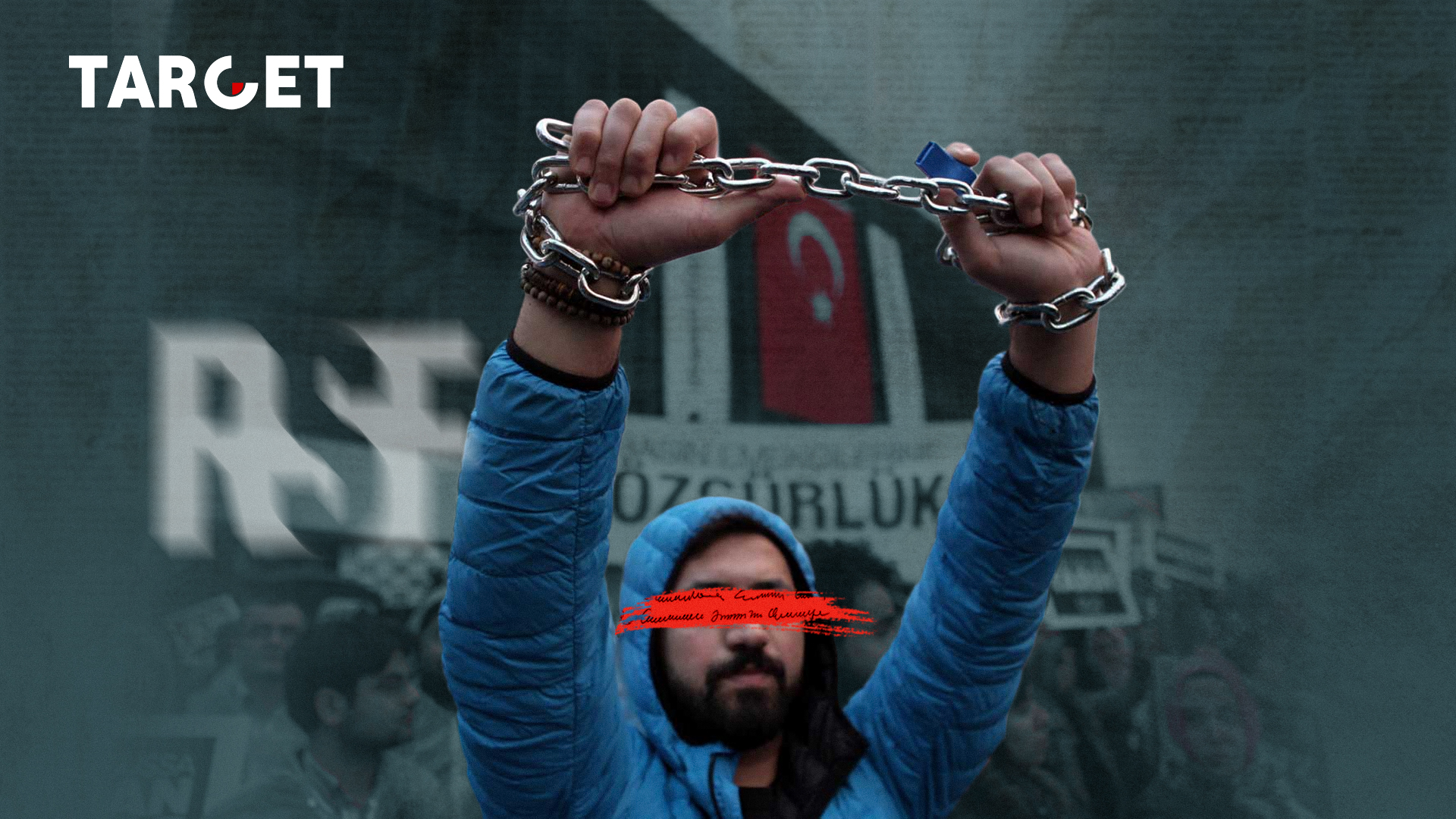On World Press Freedom Day, the Reporters Without Borders (RSF) revealed the 2023 World Press Freedom Index. It released a short video in which Rebecca Vincent, RSF’s Director of Operations and Campaigns, outlines the state of press freedom around the world. Vincent points out that the index shows enormous volatility, with major rises and falls and unprecedented changes. The index, published on RSF’s website, states that the environment for journalism is poor in 7 out of 10 countries. One of these countries is Türkiye.
The report describes the situation in Türkiye in these words: ‘The Recep Tayyip Erdogan ‘hyper-presidency’ has stepped up its attacks on journalists in a bid to deflect attention from the country’s economic and democratic decline and to shore up its political base, as the 2023 elections approaches’. Türkiye has declined 16 places since last year. It now ranks 165th out of 180 countries. The country moved from the “problematic” category to the “very bad” category in the RSF index, and the pressure on journalists increased ahead of the 14 May elections. According to the report, the Turkish state also affects journalists in Syria: “Syria, which ranks 175th, continues to be one of the world’s most dangerous countries for journalists, who are caught in the crossfire between Bashar al-Assad’s murderous army, militias, and Turkish interventions.”
As the report states, “authoritarianism is gaining ground in Türkiye, challenging media pluralism”. It says that all possible means are used to undermine critics and that the Turkish government controls 90% of the national media. Violence against journalists critical of the ruling AKP-MHP alliance has also intensified since the 2019 local elections.
Press freedom in the 20-year rule of AKP
On 10 January, Working Journalists’ Day in Türkiye, Yüksel Mansur Kilinc, Istanbul deputy of the Republican People’s Party (CHP), presented a report on the situation of the media during the 20-year rule of the AKP. Like RSF, Kilinc declared: “Almost 90 percent of the national television channels are under the control of the palace.” Almost half of the 1800 national and local newspapers published in the country were closed during the AKP rule. Kilinc added that at least 12 thousand media workers were unemployed and that the unemployment rate in the media sector had reached 40 percent. In addition to these matters, the newly adopted disinformation law has also increased the pressure on social media and internet media.
Another research result revealing the situation of the press workers was noted in the 2022 Press Freedom Report of CHP Eskişehir Deputy Utku Çakırözer. According to the report, at least 50 journalists appeared in court almost every month in 2022. More than 100 journalists have been the victims of obstruction of news coverage and physical violence. In 2013, “the Report of Arrested Journalists, World’s Largest Journalist Prison: Türkiye” prepared by the CHP, concluded that the situation in the country was even worse than in the period of the September 1980 coup, when 31 journalists were imprisoned.
Kurdish journalists being targeted
The Committee to Protect Journalists (CPJ) also issued a statement on May 2, noting that more journalists are being detained and beaten in custody ahead of the Turkish elections. According to the statement, Kurdish media are being targeted with allegations of PKK connections. Most of the journalists who were recently arrested in a large-scale police operation were also working for the Kurdish press. The Mezopotamya Agency published an article on World Press Freedom Day headlined ‘34 journalists have been imprisoned in the last 11 months’.
The targeting of Kurdish journalists by Turkish authorities is not a new development. According to Bianet’s April-May-June 2014 Media Monitoring Report, 14 of the 23 journalists imprisoned in July 2014 were Kurdish journalists. The following year’s report found that 13 of the 24 journalists in prison were from the Kurdish media. While the number of imprisoned journalists decreased during the peace process that began in July 2014, it increased again after 2015, when the process was terminated.

